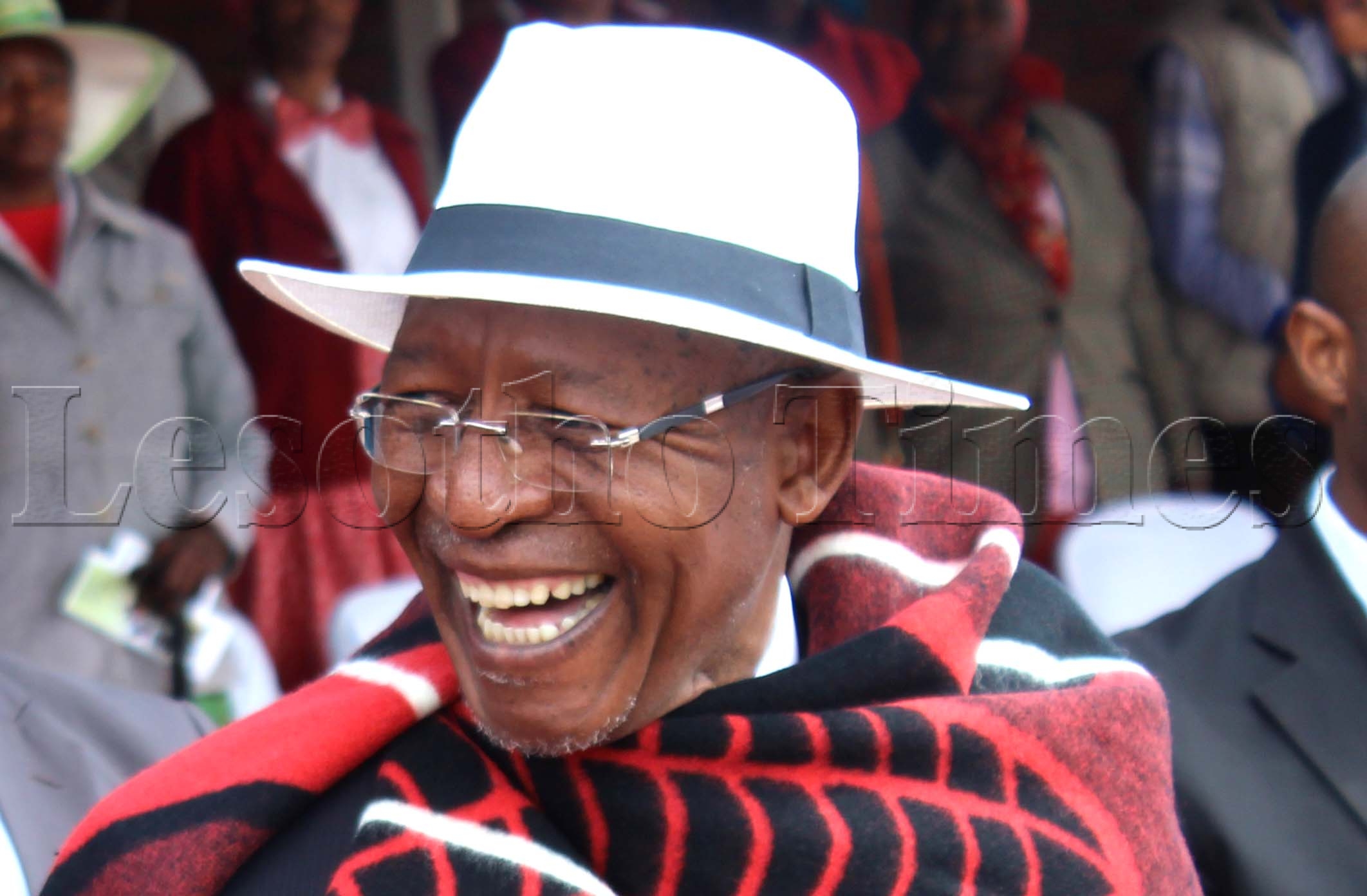. . . SA refuses to accept them;
. . . Says there’s no proof they are South Africans
Mohalenyane Phakela
TWO of the mercenaries who attempted to kill former Prime Minister Pakalitha Mosisili in a botched 2009 coup attempt are stranded and remain in jail despite an 18 November 2021 order for their release on parole.
The two are Solomon Mabasa and Rocky Masinga. They were paroled alongside their Mozambican co-mercenaries, Antonio Lopez, Fransisca Mandlate, Mangani Malenge, Angelo Mondlani, George Thomas and Abel Nhantsave. The Mozambicans left Lesotho last December after their country’s government facilitated their return home.
However, Mabasa and Masinga, who claim to be South Africans, remain incarcerated at Maseru Central Correctional Institution despite their parole. This because the South African government has allegedly disowned them, saying they are not South Africans.
The continued detention has not gone down well with Masinga and Mabasa’s lawyer, Monaheng Rasekoai. The latter has since petitioned Attorney General Rapelang Motsieloa to facilitate the release of his clients to South Africa.
Mr Rasekoai has even threatened to sue the Lesotho government if his clients are not released soon.
In his 14 January 2022 letter to Advocate Motsieloa, seen this week by the Lesotho Times, Mr Rasekoai states that, “it is our considered view and position that the continued detention of our clients is in utter violation of the law”.
“Your esteemed office must promptly facilitate and/or cause the release of our clients as there is no legal basis upon which they must be in continued detention at the prison facility.
“We have consulted with the head of the prison facility and his reaction was that the embassy of South Africa does not recognise our clients and as a result, the facility cannot release our clients until such time when the government of South Africa has formally accepted the responsibility to facilitate their return back to their respective homes in South Africa.
“We note and observe the views harboured by the prison facility but we however hold the strong view that both states bear the obligation of facilitating the release and/or consequent return of our clients to their respective homes as their arrest was a product of the extradition process. The continued detention in circumstances where they have clearly been released on parole and the administrative inter-state dynamic must not be to the prejudice of our clients (sic).
“We emphasise and insist that if this matter is not promptly attended to, we shall approach the courts of law for intervention on this matter with costs being sought at the attorney and client scale against the government of Lesotho and any other remedies available to clients. The prompt interventions by your esteemed office will be greatly appreciated,” Mr Rasekoai states.
Meanwhile, LCS spokesperson, Senior Cadet Officer Pheko Ntobane, confirmed to this publication that Masinga and Mabasa were still in prison despite being paroled last year. He said their attempts to have the South African government collect them at the border were fruitless.
“Before they could be released in November last year, the LCS communicated with the Ministry of Foreign Affairs and International Affairs to engage their South African counterparts to facilitate the collection of the two gentlemen.
“However, the response we got was that their names did not reflect on the South Africa’s database and therefore South Africa did not recognise them. The surprising thing is that while the two were still serving their sentences, they used to communicate with their relatives in South Africa through a local non-governmental organisation. Right now, the LCS’s hands are tied as we can only release them to South Africa when that government has accepted them,” Senior Cadet Officer Ntobane said.
Mabasa and Masinga were among a group of mercenaries who mounted daring attacks on Makoanyane barracks and then Prime Minister Mosisili’s residence on 22 April 2009.
The mercenaries captured six army officers at Mokoanyane Barracks, stole a Land Rover and an armoured car before launching the attack on the State House.
After being repelled by State House guards the mercenaries fled to Ha-Thetsane where they abandoned their Land Rover and hijacked a minibus taxi to continue their flight.
A combined operation of the police and soldiers caught up with them at Khubetsoana where a fierce gun battle ensued, leaving some of the mercenaries dead.
Others, including Mabasa and Masinga, fled to South Africa. They were later arrested in South Africa and extradited to Lesotho to stand trial. During their trial, they told the court that the now deceased businessman Jessie Ramakatane and the late army official, Makotoko ‘Masai’ Lerotholi, had orchestrated the coup plot.
The mercenaries were jailed for 12 years in 2012. They were freed in November 2021 by His Majesty, King Letsie III.
Law and Justice principal secretary (PS), Retšelisitsoe Mohale, said they were freed on the grounds that they had served the majority of their sentences and they had shown remorse for their actions. He said they had also met with Mr Mosisili who indicated that he had forgiven them for the attempted coup and the attempt on his life.

